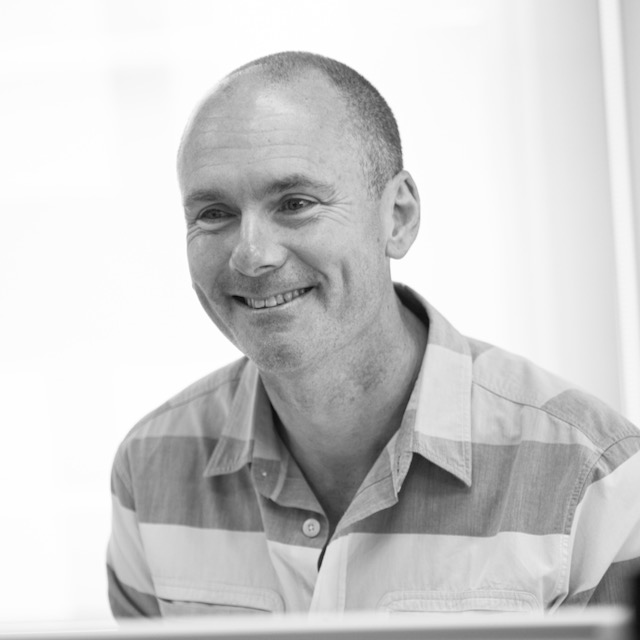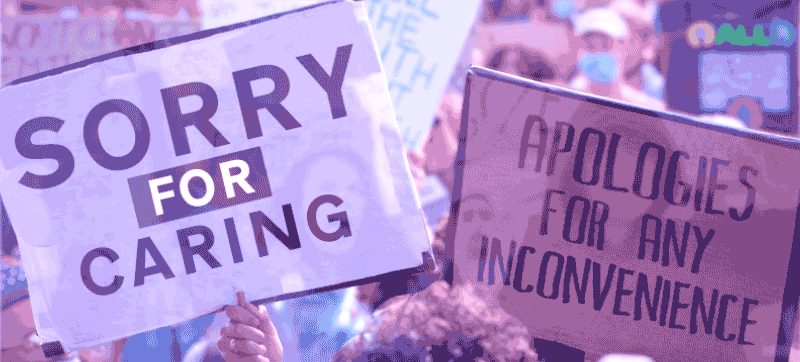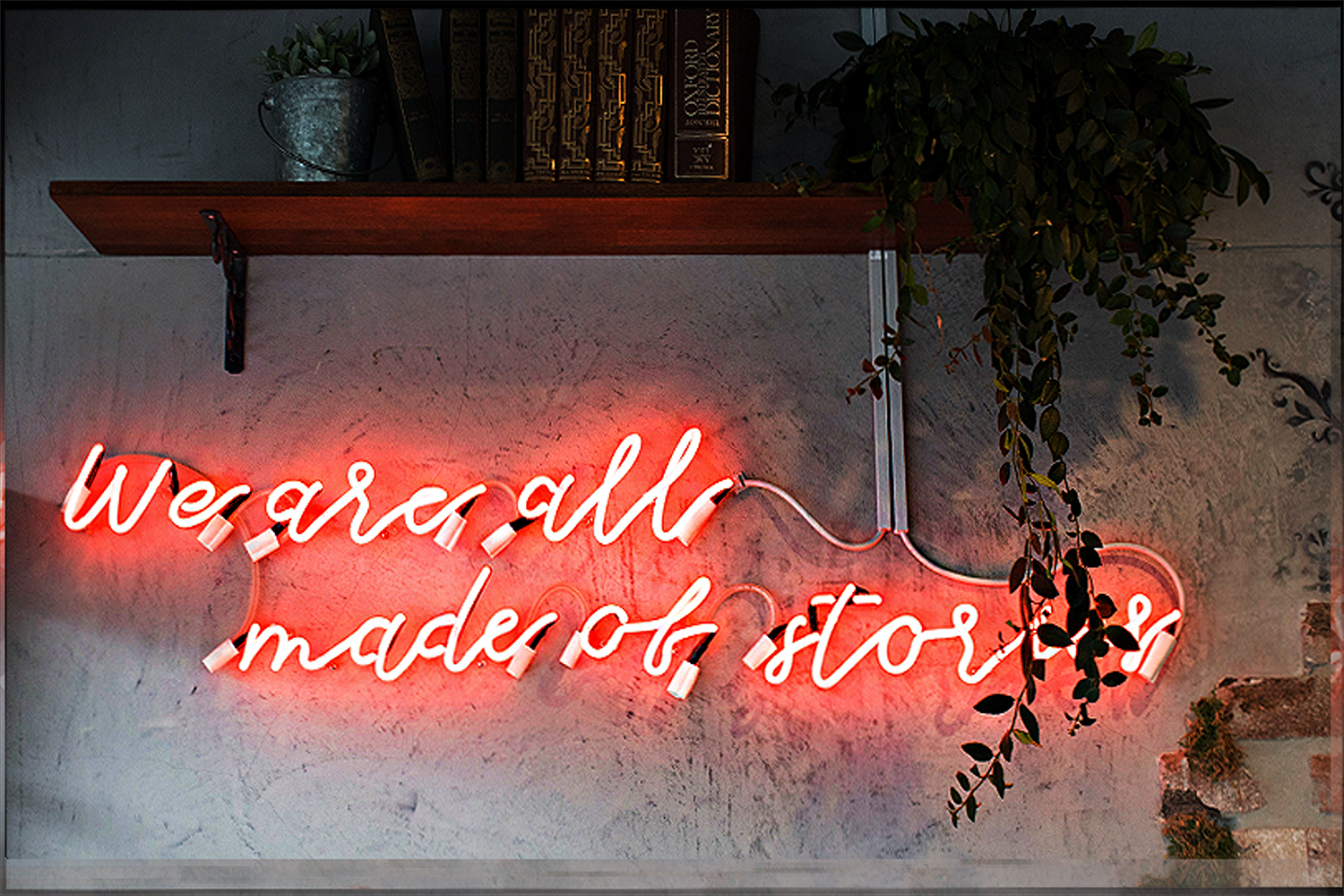Sometimes you bite off more than you can chew. For me, this might be one of those moments. When someone asked me the above question recently, the searing illogicality of it really pushed my buttons. You’re right, I fumed, and it’s bonkers. I’m going to find some answers. I’m going to change perceptions. I’m going to arm all future climate activists with a recipe for getting heard, understood, and shifting perceptions.
It was as I was changing into my red cape in the phone booth that the real enormity of that challenge dawned. Superman doesn’t have those moments, I guess. He can leap tall buildings in a single bound. He can see through walls. Presumably he can breathe under water. Me, I’m a lot more limited, a mere mortal. What can I achieve?
I’ve got to start somewhere, so let’s start here, with a better framing of the original question. Extinction Rebellion (XR) is a global movement. Its activist members are drawn from all walks of life, and all generations. They are committed to peaceful protest. Their sole aim is to focus public and government attention on the biggest threat to human civilisations, ever. Is it reasonable or fair for the media, law enforcement and a reasonably large section of the public to regard them as the problem? A threat to the ‘divine rights’ of city drivers, certainly. A threat to our ‘very way of life ‘- the irony of that should not be lost. A threat even – according to the UK’s intelligence services – to our security?
All activists start as outsiders.
We revere Mahatma Gandhi now, for his prescience, ideals, courage, leadership and compassion. But we’ve seen the film so we know that when he began his movement of non-violent, civil disobedience he was regarded as a subversive by the British authorities in India, and the British public at home. Martin Luther King likewise. And in my lifetime, the peace protests at the US Airforce base at Greenham Common attracted the same contrasting mix of awe, ridicule and suspicion.
All activists have ‘agendas’, and maybe that’s the free play that society uses to sidestep its normal sensibilities and display such conspicuous prejudice. It’s worth all of us remembering the words of Baroness (Brenda) Hale, former president of the UK’s Supreme Court and lifelong activist for female equality in the legal professions: “The status quo is an agenda too.”
"We have no alternative but to protest. For many years we have shown an amazing patience. We have sometimes given our white brothers the feeling that we liked the way we were being treated. But we come here tonight to be saved from that patience that makes us patient with anything less than freedom and justice."
Does climate activism have a specific problem?
I think it might. Maybe more than one. When the Black Lives Matter movement galvanised action all over the planet in 2020, it felt a bit different. Yes, there was still that massive status quo of white privilege and plenty of people to speak up for it, plus the sense of a mountain of injustice still to level. But in my experience absolutely no one thought the protests pointless, hopeless or totally misguided.
One of the first lightbulb moments for this article came out of that experience, coded into this ethical stance and provocation:
It’s not any black person’s responsibility to explain white privilege to white people.
In other words, it is my job to see myself through the eyes of another – and so to form a new perspective. It’s my work – and no one else’s burden – to re-evaluate my thinking, my behaviour and my sense of personal agency – which is just another word for activism, right?
That feels like a big contrast with the climate debate, which is more inclined to tell us what to think, how to feel, and how to act. It encourages self-recrimination, but not deep self-reflection. A bit like sex education, it teaches us rights and wrongs. It explains all the science, and shows us the consequences of our misbehaviour. Problem is, it can all feel too abstract. No one gets a boner from sex education: and hardly anyone gets to feel inspired, creative or empowered, by the climate debate. Fear is a very overrated substitute.
I need to see myself in the story
As a consequence, I struggle to picture myself in the climate storyline. I can’t join the dots. All of the scenery is there: the climate charts, the bushfires, the freakish Atlantic storms, the new flood barriers in Venice and other rich, sea-girt cities. So too the expanding deserts, and the shrinking ice caps. The cast of characters is very colourful: Attenborough and Thunberg: Boris, Biden, Bolsanaro.
But I’m not there. I commute by bike. I drive an electric car. My home is heated by biomass and sunlight. I take maybe one flight a year, and recycle like a crazy man. And I don’t say these things to demonstrate my virtue. I say them because, despite this, I don’t know my place in the story of the fight against climate change. And I’m reaching the conclusion that it’s the story’s fault.
The story of the Civil Rights Movement and BLM could not be more different. It harnesses powerful themes of human emancipation, and equal rights. It maintains its hope and optimism, even in the face of appalling tragedies. It speaks to the heart, from the heart. Prioritising human experience over cold statistics, it’s a story to unite us, rather than divide us. I mean, it’s set to some of the best music you’ll ever hear! Plus it’s got victories to share and celebrate, despite many setbacks. So when it challenges me to do some serious self-reflection, I feel like I’ve got some sense of my place in history, and my potential for affecting our future.
That’s what I’m missing in the fight against climate catastrophe: optimism, personal agency, coherence, and belonging. Not to mention a good tune or two.
Signs of change
In early September, I attended a workshop for would-be climate activists – well sort of. It was hosted by Katherine Trebeck of the Wellbeing Economy Alliance, Kate Raworth of Oxford University and Donut Action Labs, and Sofie Howe, who polices Wales’ innovative Wellbeing of Future Generations legislation. This was a ‘how to’ session: in this case, how to bring about the kind of economics that allows all to prosper, while staying within the limits of our planet’s finite resources. Really big thinking, and the sort of fundamental restructuring that could really ‘shift the needle’ on climate change. You can watch the workshop here.
Here’s the thing though. It felt do-able, approachable and practical. The emphasis was on framing the concepts, showcasing examples and toolkits for every scale of endeavour, and making connections within a very diverse group of individuals. It was very story-led. I came away thinking that climate activism was alive and kicking, and maybe finding a complementary path to direct action groups. That said, I’m pretty certain there were XR members amongst the 800 people that attended from all corners of the world. But they weren’t wearing the t-shirts, and they didn’t have two heads, so they were pretty difficult to pick out from the likes of you and me.
Where do we go from here?
I warned you at the start that I didn’t think I could fulfil my own brief. This is a big topic, worthy of plenty more discussion. I’d like to hear what you have to say. And in a complementary blog, my colleagues have shared some of their thoughts too.
I’ll end with these few, tentative conclusions. Fixing climate change is going to need us to fundamentally rethink some of the ideas we hold as gospel. That will take self-reflection to provide us with the fresh perspectives we need in order to change. No one can do that work for you. Good luck.
The climate change movement can do a better job of inspiring us to that task. It needs to find a narrative that offers more hope, practicality and compassion. Most of us find it hard to engage with a message of grinding pessimism. We need to feel a part, not apart, from the movement. That is beginning to happen.
And as history shows, there is always a role for non-violent, direct action. So if you’re held up by a group of people lying down in the road, or chaining themselves to your bus, take a few deep breaths and reflect on whether it’s still acceptable and reasonable to label them as fools, nutters or the enemy within. They made you stop. They made you think. What’s your next step?
Over to you.





You say: “Their sole aim is to focus public and government attention on the biggest threat to human civilisations, ever. ” In other words, and not that I disagree with them or their tactics — as much I know about them/it — but it seems to me that absent a discussion on anthropocentrism, pro-natalism and ipso facto perpetuating a deeply flawed human race (I mean we’ve seriously fouled our own nest), the problems won’t be abated let alone ameliorated. In other words, as long as we, qua humans, survive then that’s fine but how then the world supports 10 billion people or whatever the number is without causing serious and significant harm escapes me. Food, water, shelter, energy and further procreation has to come from somewhere. Perhaps now is the time to discuss anti-natalism and see where that leaves us.
Take care, Julian
Julian – I would prefer to make the broader argument that humanity has to learn to live within our planetary boundaries. I believe it’s more and more evident that growth has limits, and technology isn’t decoupling human activity from those limits at a fast enough rate to prevent catastrophe for many, many species, including humans – Andy